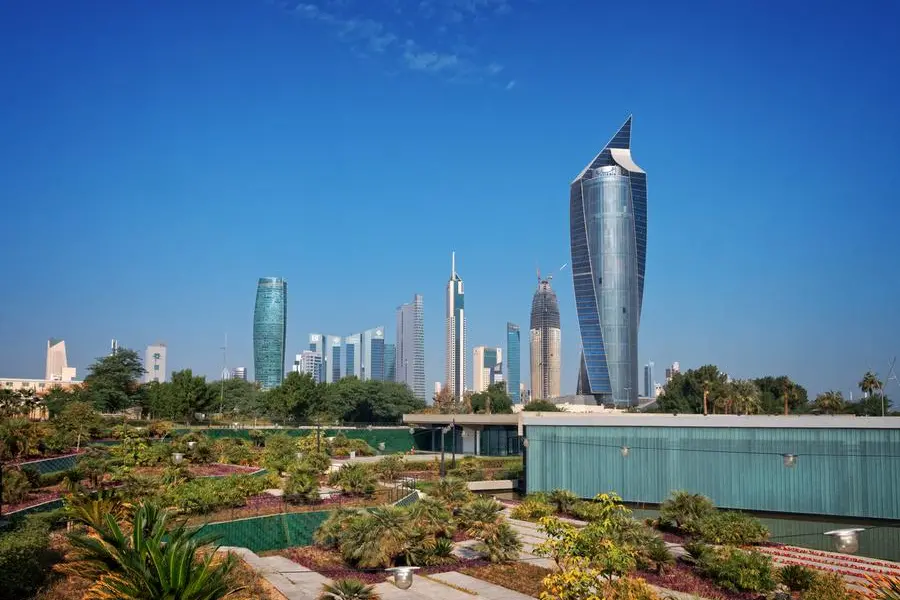PHOTO
KUWAIT CITY, July 25: Kuwait has faced a persistent budget deficit exceeding 33 billion dinars over the past decade, with projections indicating the deficit could reach 26 billion dinars over the next four years. In light of this, Dr. Abdullah Al-Abdul Jader, an administrative advisor and economic expert, has proposed a comprehensive strategy to mitigate the fiscal shortfall and potentially achieve budget surpluses in the coming years. Proposed solutions include improving government efficiency, rationalizing support, collaborating with the private sector, combating corruption and diversifying income sources. Dr. Al-Abdul Jader advocates for enhancing the operational efficiency of government sectors. This includes activating performance and production while rationalizing waste without compromising service quality. A thorough review of ongoing government projects is essential to prioritize those that benefit the state treasury and citizens, while postponing or canceling non-essential projects.
Support
The expert emphasizes the need to streamline support programs to ensure they reach those who genuinely need them. This targeted approach can reduce unnecessary expenditure and optimize resource allocation. Engaging with the private sector through economic programs and project implementation can alleviate financial pressure on the state budget, Dr. Al-Abdul Jader said while at the same time stressing the importance of pursuing feasible economic and service-oriented projects that can enhance state revenues.
This is in addition to addressing corruption within ministries is crucial to prevent the misappropriation of public funds. Dr. Al-Abdul Jader calls for strict measures to eliminate corruption, bribery, and favoritism to protect public resources. To reduce dependency on fluctuating oil revenues, he said, Kuwait must diversify its income sources. This includes supporting small projects, revitalizing the industrial sector, stimulating trade, and investing in tourism. Leveraging Kuwait’s favorable geographical location, pleasant climate, and natural attractions can bolster the tourism sector and attract investment.
Dr. Al-Abdul Jader is optimistic that by implementing these measures, Kuwait can significantly reduce the anticipated budget deficit for the fiscal year 2024-2025 from 5.6 billion dinars to between 2.5 and 3 billion dinars. This strategic approach aims not only to stabilize the budget but also to pave the way for future economic prosperity. Dr. Al-Abdul Jader suggests that Kuwait’s fiscal deficit could be mitigated significantly by integrating new offshore oil discoveries into the government’s strategic plans. According to the expert, the advancement of the oil industry, combined with effective implementation of proposed reforms, could lead to a budget surplus in the coming years.
Dr. Al-Abdul Jader highlighted a critical issue — the government’s failure to act on studies conducted by foreign consulting firms. He noted that substantial amounts of money were spent on these studies, many of which were either incomplete or ignored. This not only wasted financial resources but also failed to address the underlying economic problems. Al-Abdul Jader argued that Kuwait possesses a wealth of national experts capable of providing valuable studies and consultations. By relying on local talent, the government could reduce costs significantly while benefiting from tailored solutions that are more aligned with Kuwait’s specific needs. He emphasized that national experts are well-versed in local conditions and could offer more practical and cost-effective recommendations compared to foreign consultants. He pointed out that utilizing national expertise could lead to more effective and economical solutions to Kuwait’s economic issues.
Arab Times | © Copyright 2024, All Rights Reserved Provided by SyndiGate Media Inc. (Syndigate.info).





















